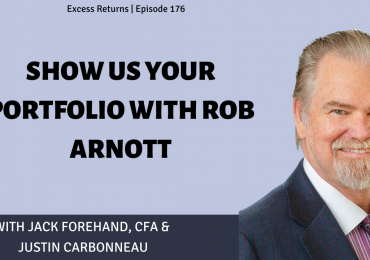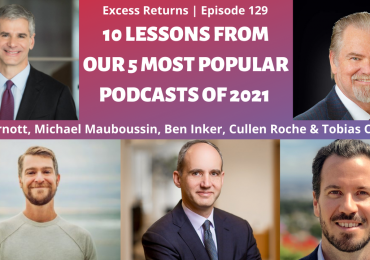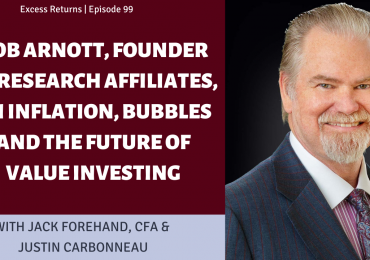The Financial Times recently interviewed several top strategists about the viability of “buy-and-hold” investing, and found that some are espousing more of a “buy-cheap-and-hold” approach.
“In a challenge to the received wisdom of holding stock market investments for 20 years or more, to smooth out short-term volatility, some suggest that measures of cheapness can be used to make buying decisions and enhance performance,” writes the Times‘ David Stevenson. Here’s a sampling of what some of these strategists had to say:
Robert Arnott, founder of Research Affiliates: “Basically, we have an industry which has developed a cult of equities — a notion that if you buy stocks you will win, if you’re patient,” he says. “The reality is something very different, and that is that stocks do win over the very long run… but they win over spans measured in generations, not measured in years. And they win in fits and starts.”
Arnott says the only reliable route to long-term success is to buy shares that are cheap — not simply buy and index fund, the Times says.
That makes for something of a contrarian outlook: “It matters tremendously what you pay for an asset,” he said. “If you buy an asset when it’s cheap, you’ll likely to be pleased very soon. If you buy it when it’s expensive and popular and trendy and everyone loves it, you’re likely to have to wait a long time. The best way to invest is to do a contra trade against what has done best and is most popular, and into what is done worst and is most loathed. And it’s very hard to do.”
Paul Marsh, London Business School: Marsh thinks the equity risk premium is alive and well. “[Equities] are more rewarding in an expectational sense,” he said. “In other words, you are going to expect to get a higher return from equities. Probably, in our view, something like 3-3.5 per cent per annum more, but the reason you’re going to get that is because of risk.”
James Montier, GMO: He agrees with Arnott’s point about value, but says that investors need to be careful when assessing what “cheap” means. “One of the hallmarks of what we have seen in the last few years has been rather simplistic approaches to value — price/earnings ratios, price to book value,” he said. “We need to reconsider the role of balance sheets. Trying to think about value without the context of the balance sheet side of the equation, to my mind, is pretty meaningless.”
Right now, Montier said the market is attractive from a valuation perspective. “If you could buy a set of stocks today and bury them for five years, you would be laughing!” he said. “From my perspective, it is very simple — you buy when the market is cheap and the UK and European markets fall into that definition right now.”








